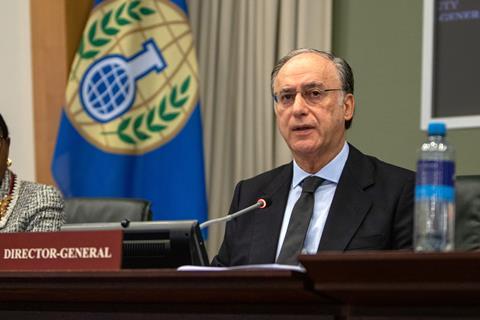
A historic milestone has been passed. All the declared stockpiles of chemical weapons have been eliminated. The threat of industrial-scale chemical warfare that began during the first world war with chlorine, phosgene and sulfur mustard is over.
When the Chemical Weapons Convention (CWC) was signed 30 years ago, the elimination of chemical weapons must have seemed impossibly far off. It’s not hard to imagine scepticism that this goal could ever be reached. But the fact that more than 70,000 tonnes of these lethal chemical munitions – enough to kill every person on the planet – have been destroyed is a testament to the optimism, even utopianism, of the drafters of the treaty, its signatories and everyone that worked to achieve this.
Despite this truly remarkable achievement the news passed with relatively little fanfare. The threat of chemical warfare had already receded in the public consciousness thanks in large part to the CWC.
Is this the end of the Nobel peace prize-winning Organisation for the Prohibition of Chemical Weapons (OPCW) that oversaw the destruction of these weapons? Not yet, perhaps not even in another 30 years. The OPCW’s role has instead been evolving in recent years.
Rather than overseeing the inspection and destruction of chemical munitions, the watchdog will ensure that the signatories to the CWC are using chemistry for peaceful purposes. We can expect more inspections of chemical facilities around the world to make sure they are not being misused. The OPCW will also keep a close eye on rogue states and non-state actors who have shown that they have no qualms about using deadly chemicals to advance their agendas. This will mean, where possible, investigating and organising independent tests into suspected uses of chemical weapons. This new role has already been on show in places such as Syria, or after events like the Novichok poisonings in the UK.
There is one fly in the ointment that mars the monumental success of ending this abuse of chemistry, however. Four countries are still not full signatories to the treaty: South Sudan, Israel, Egypt and North Korea. Ideally, what diplomatic pressure that can be brought should be used to bring these recalcitrant countries into the fold. Some are likely to be easier to persuade than others. But that doesn’t mean the world shouldn’t try. The success of multilateral efforts to end the large-scale production of these indiscriminate weapons is something the world can be proud of. And it offers a blueprint for how we might proceed one day in addressing other weapons of mass destruction.






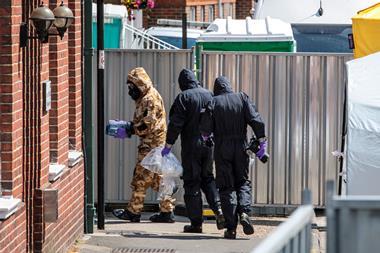
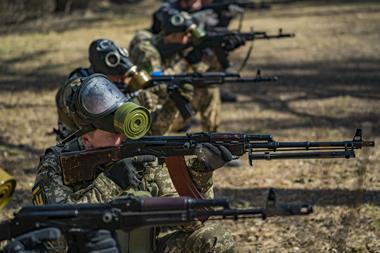
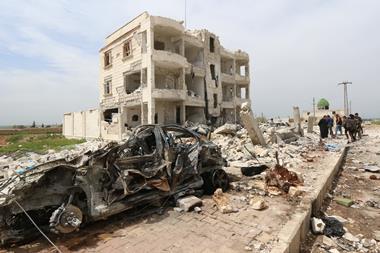
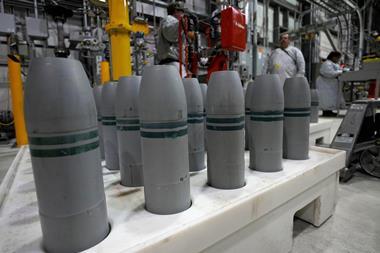







No comments yet